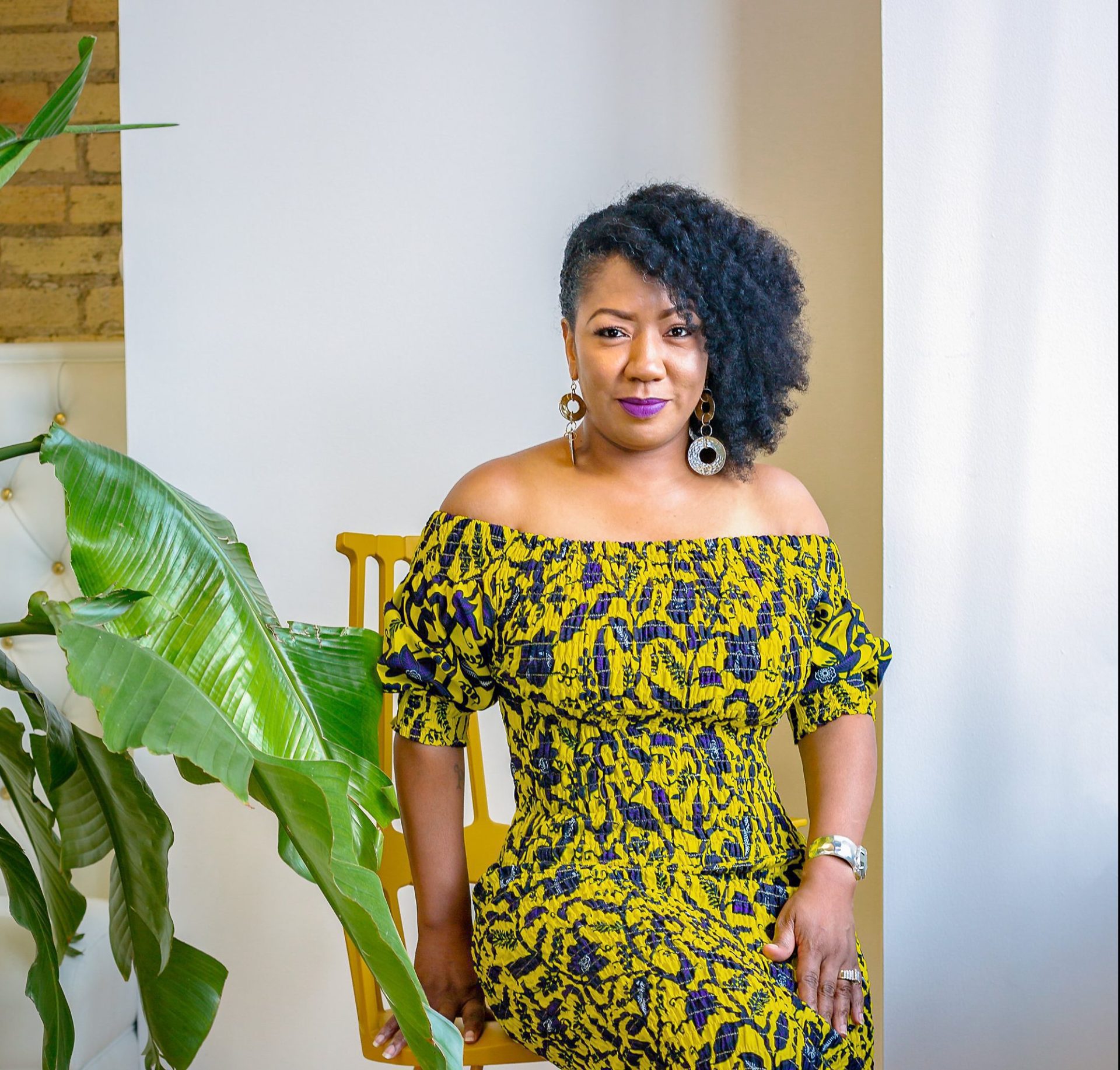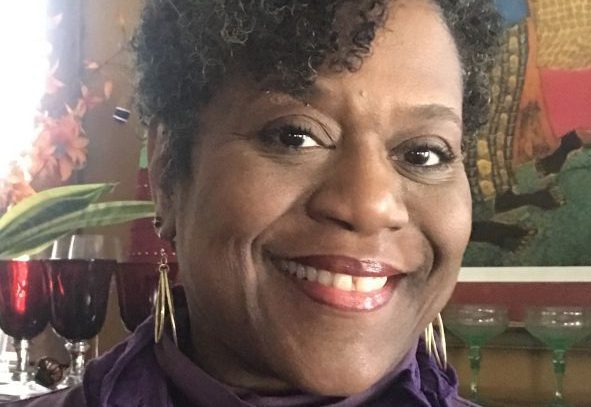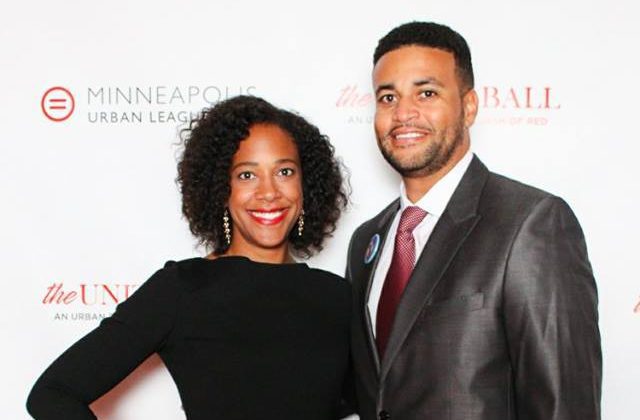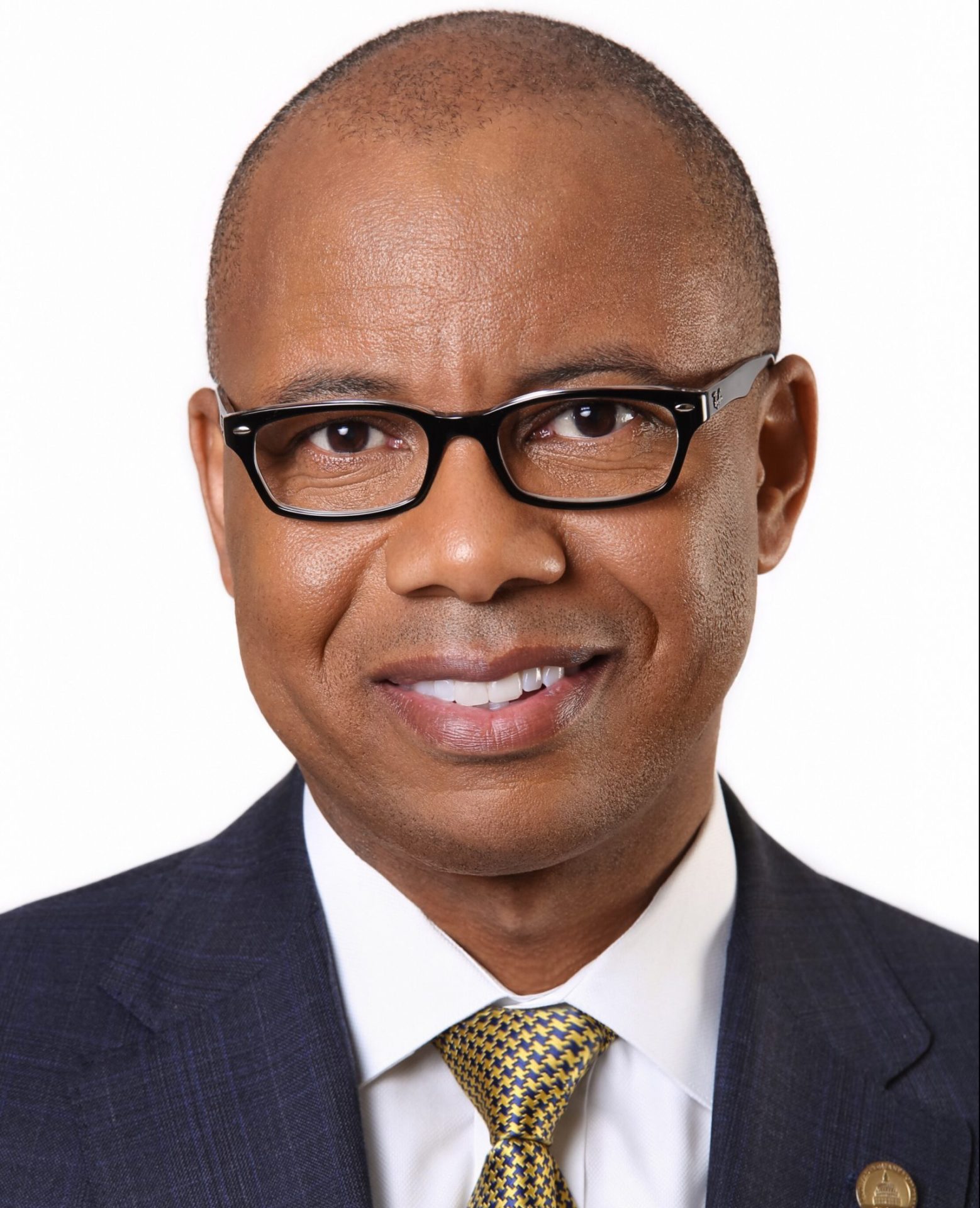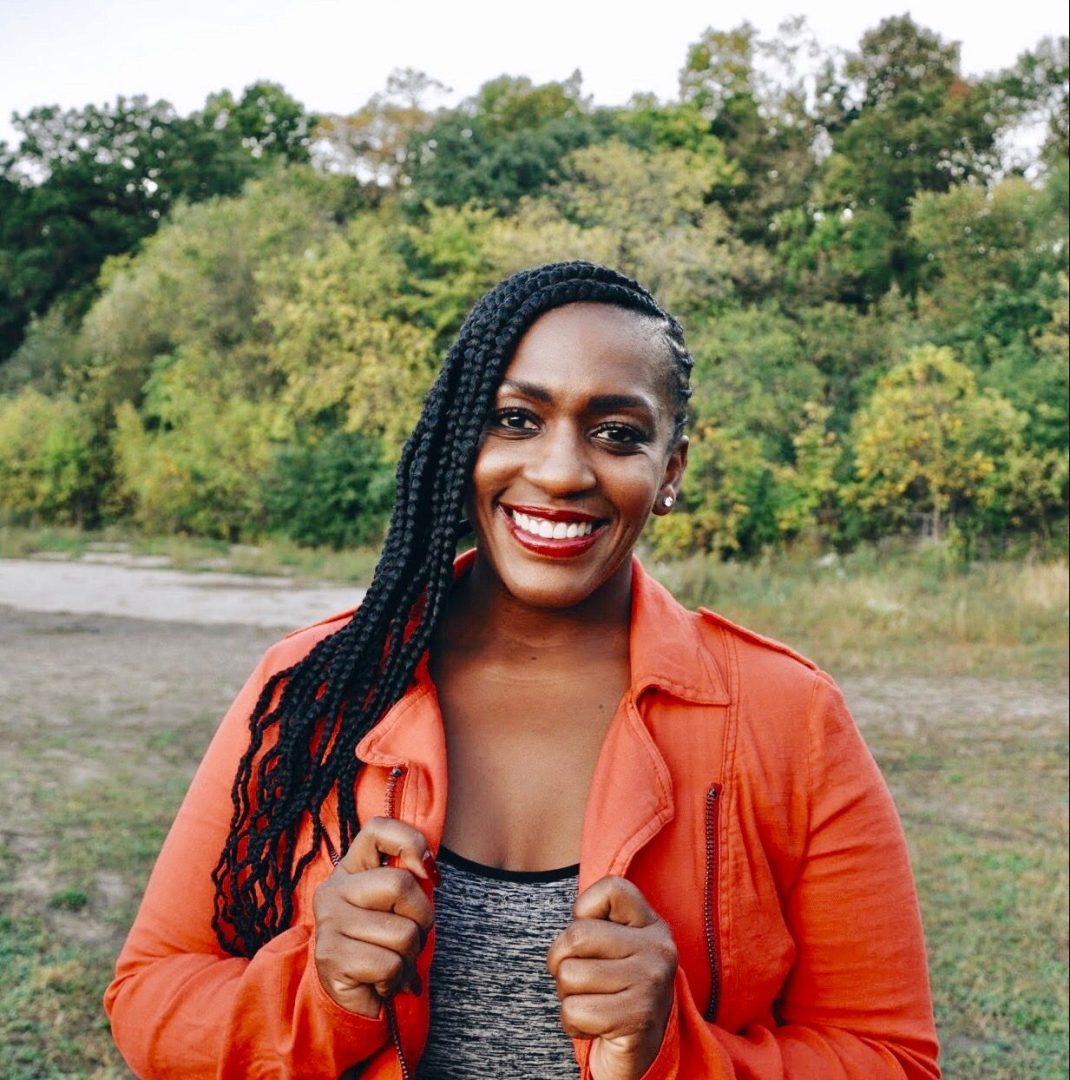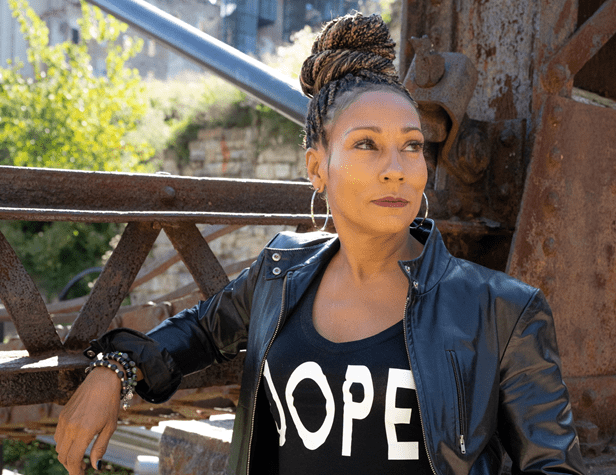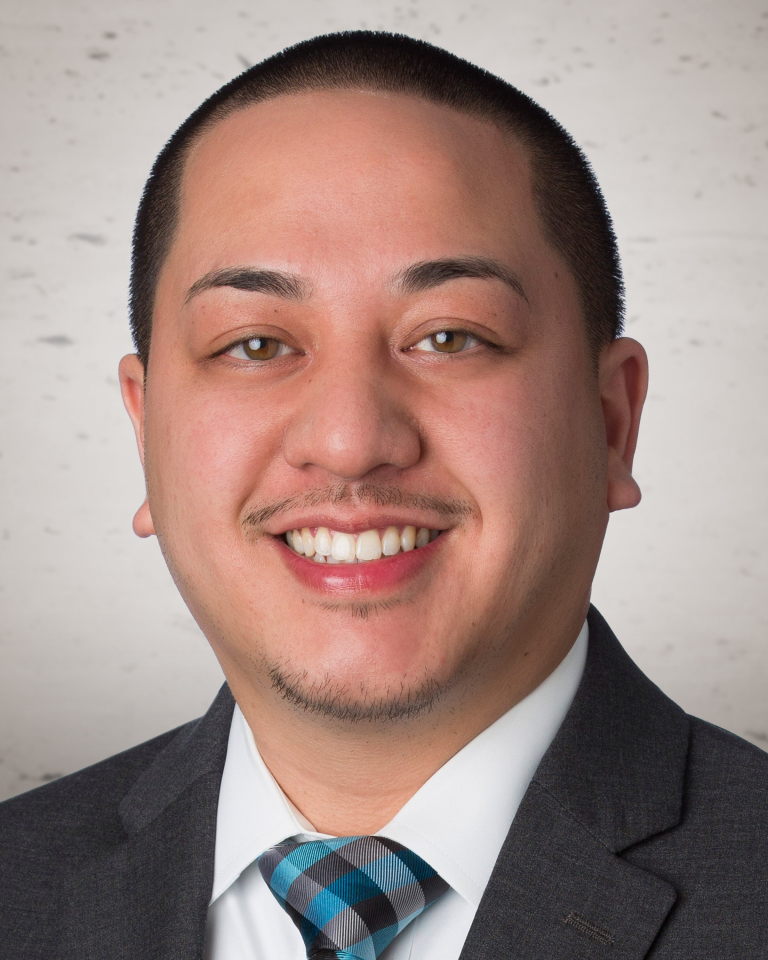
Christopher D. Pham, a senior associate at Fredrikson & Byron, P.A., represents clients in cases involving securities and financial fraud, shareholder derivative and class actions, special litigation committee investigations, merger and acquisition litigation, investor-broker firm disputes, contractual disputes, partnership and shareholder disputes, and SEC, FINRA and state regulatory proceedings.
Pham is involved in several pro bono initiatives and is a volunteer attorney for YouthLink, Hennepin County Housing Court Project and Children’s Law Center of Minnesota. Formerly, a member of the board of Twin Cities Diversity in Practice and former co-chair of the Young Lawyers Group, Pham is still actively involved with both organizations.
How did you arrive at this career choice?
When I started college, I was a pre-med student seeking a career in medicine. My mother’s dream was for me to become a doctor (which is very common in Asian households), so I explored that career choice. I took biology and chemistry and all the related labs my first year. By my sophomore year of college, I realized this wasn’t the best fit for me, particularly because organic chemistry and I didn’t mesh well. So, I was left with the difficult task of letting my mother know that I was no longer going to pursue her dream of me becoming a doctor. As I prepared for that discussion, I had to figure out what my alternative career choice was going to be, so I told her I would explore becoming a lawyer. Surprisingly, and thankfully, she thought that was a great alternative. At that time, however, I still had no clue what I was going to do. Nevertheless, I had declared sociology — law, criminology, and deviance as my major, and I minored in African American studies. By the time I was getting ready to graduate in 2004, I still had no clue what I wanted to do with my life. I knew two things: (1) I didn’t have the discipline to jump right into law school at the time; and (2) I wasn’t ready to jump into a 9-to-5 career without any sense of direction. So, I decided to continue with higher education and prepared myself for what I had heard would be a rigorous three years if I decided to go to law school. I packed up and moved to California for graduate school to pursue a master’s in criminal justice. Given the cost of living in California, I had to work full time while also attending school full time. During graduate school, I was an area manager for two Verizon Wireless store locations. I managed and operated two very successful locations while maintaining a 4.0 GPA. That experience led me to consider entrepreneurship and opening my own business one day. Also during this time, there was a lawyer in my cohort who told me more about law school and the legal career path. Ultimately, while writing my master’s thesis to graduate (which I did six months early), I enrolled in an LSAT preparation course and I applied to law schools. I decided to go to law school thinking I could one day open up my own business as an entrepreneur if the practice of law didn’t work out. And if private practice didn’t work out, and I failed as an entrepreneur, I knew a law degree was versatile, and therefore climbing the corporate ladder would also be a solid third option. After my first year of law school, I was selected to participate in a highly competitive and coveted minority law student clerkship program for 12 weeks over the summer. At the end of that summer, I received a very rare, full offer of employment upon graduation, even though I had two more years of law school to complete. Needless to say, I accepted the offer, finished law school, and started my legal career shortly thereafter.
Was it a deliberate decision or a gradual and natural evolution?
During my summer clerkship, I learned more about the practice of law and I was intrigued by the challenges. As a first-generation college graduate, I didn’t know much about potential career options, let alone much about a career in the legal space, so I embraced the challenges of private practice and decided to move forward.
What separates you from others in your field?
I believe what separates me from others in my field can be categorized into three areas: (1) my background and upbringing; (2) my entrepreneurial spirit; and (3) my approach to networking and connecting with others. As far as my background and upbringing, I grew up in a single-parent household in North Minneapolis. Like many others in my situation, there were institutional barriers in place that made it difficult to succeed, in addition to the environmental challenges. I had friends who started selling drugs and/or joining gangs as early as middle school. My mother had to work two to three jobs around the clock to make ends meet in order to provide for my sister and I, so although she did her best to be a great provider, she was often absent and not able to guide or direct us. Essentially, I had to make difficult decisions that would ultimately impact the rest of my life at a very young age. Through that process, I developed skills that allowed me to overcome many obstacles, to persevere, and to position myself to be where I am today with extremely hard work. With respect to my entrepreneurial spirit, I am a co-owner [and] investor of The Exchange Nightclub and Alibi Lounge. As a partner in that business, I understand the challenges of owning and operating a business. From that perspective, as an attorney primarily representing companies, I understand many of the challenges facing businesses, which I believe allows me to better understand the needs of my clients, often before the needs even arise. That enables me to anticipate my clients’ needs and add value in counseling them. Coincidentally, my law firm’s tagline, “Where law and business meet,” sums this up perfectly. Finally, regarding my approach to networking and connecting with others, my mentor often says this about me: “Simply put, Chris HUSTLES!” More about this shortly. When I was finishing up my last year of law school, I took a course called “Work of the Lawyer,” during which a classmate and I conducted a research study about the practice of law. At that time, I learned that the legal profession was the “whitest profession.” (Needless to say, I wondered “what in the world am I getting myself into?”) When I started practicing law, I quickly learned that the bloodline of the law firm, like any other for-profit company, is to generate revenue. What I didn’t realize at that time was the process of business development. In other words, I didn’t understand how businesses and clients came to the firm. Once I understood that I knew I would be facing significant challenges as an attorney of color. My mentor explained to me that an overwhelming portion of the business he generates comes from referrals from other lawyers and business professionals in town. Armed with that knowledge, I knew I had to create my own network of professionals. As an attorney of color, I focused on connecting with other professionals of color. As such, I created “Elevate Your Network,” which is a weekly networking happy hour geared towards bringing together professionals of color in the Twin Cities.
For those considering entering this arena, what skill sets do you recommend mastering?
Time management and organization are two very important skills sets for attorneys. Often times, your caseload includes several active cases at once, and therefore, you need to organize many moving parts all at once. On any given day, I could work on just one case, or work on up to seven to eight different cases. On top of the actual practice of law, you’re also networking and attending marketing events, galas, sporting events, etc., not to mention family time, so time management is critical. What traits are most conducive to success? To succeed, you have to be willing to work hard, as cliché as that may be. For me, hard work encompasses persevering and making sacrifices (like losing sleep).
How do you stay at the leading edge of your craft?
There’s a proverbial saying: “If you are the smartest person in the room, you are in the wrong room.” There are so many attorneys with so much more experience and wisdom that I try to soak up all the knowledge they have to share, and in the process, I challenge their understanding to further my own development. In sum, I remain open-minded and willing to continue learning.
What software, app or other technological innovation has made the biggest difference in your life and/or career?
From a marketing perspective, I believe the advent of social media has had the most significant difference in my life. Social media has enabled me to not only market myself, my business, and my events, but to also connect with a larger network and keep in touch with those in my network.
You’re on the board of directors for Diversity in Practice. What are some initiatives you’ve been involved with in this capacity?
I recently transitioned off the Board of Directors. However, I am still very active with the organization. I started engaging with TCDIP while I was in law school and continued once I started practicing law. I attended nearly all of the social events and professional development seminars. Soon thereafter, I was involved with the development of the “Young Lawyers Group,” which was a subcommittee comprised of young, up-and-coming attorneys of color from the respective member organizations. Ultimately, I co-chaired the YLG for several years, during which I also had a seat on the Board. During that time, we focused on the retention and advancement of attorneys of color in the Twin Cities. Specifically, we developed a “Sponsorship Program” to assist with helping organizations retain their attorneys of color and help them advance in their careers. I participated in the pilot program for the Sponsorship Program, which included pairing “protégé” attorneys with sponsors (more senior attorneys), and to this day I have the same sponsor who has been an invaluable part of my career.
Why is volunteerism important?
Volunteerism is important to me because I’m a firm believer of giving back to the community and reaching back as I climb. In addition, it helps me stay grounded and is often the most rewarding. For example, winning a case and saving a client over $100M is awesome, but helping a family from losing their home and preventing them from becoming homeless is the best feeling ever. Growing up, I never had an attorney come to my class and speak about the profession, and therefore, I had no clue that it was a viable career option for me. I, like many of my peers growing up, thought I needed to be a rapper or an athlete to be “successful.” Now that I am in the position I am in, I often go to schools in the community in which I grew up to speak to students and remind them that they have many career options, including the field of law, and hope that by them seeing me, someone from the community and someone of color, that their career goals and options can extend beyond what they see on television.
Who are your mentors?
My mentors include my children because they push me daily (without even knowing) to be the best I can be for them and to do my best to create better opportunities for them that I did not have growing up. Simply put, they are the mentors that motivate me. In addition, my sponsor is the most critical mentor in my career. Over the years he has helped me develop professionally, has been an advocate for me, and has been a champion of my upward movement as an attorney. I also have peer mentors that I look up to who share in my struggles as an attorney of color, and who provide support and encouragement when I need it most. I’m truly thankful for the mentors in my life.

